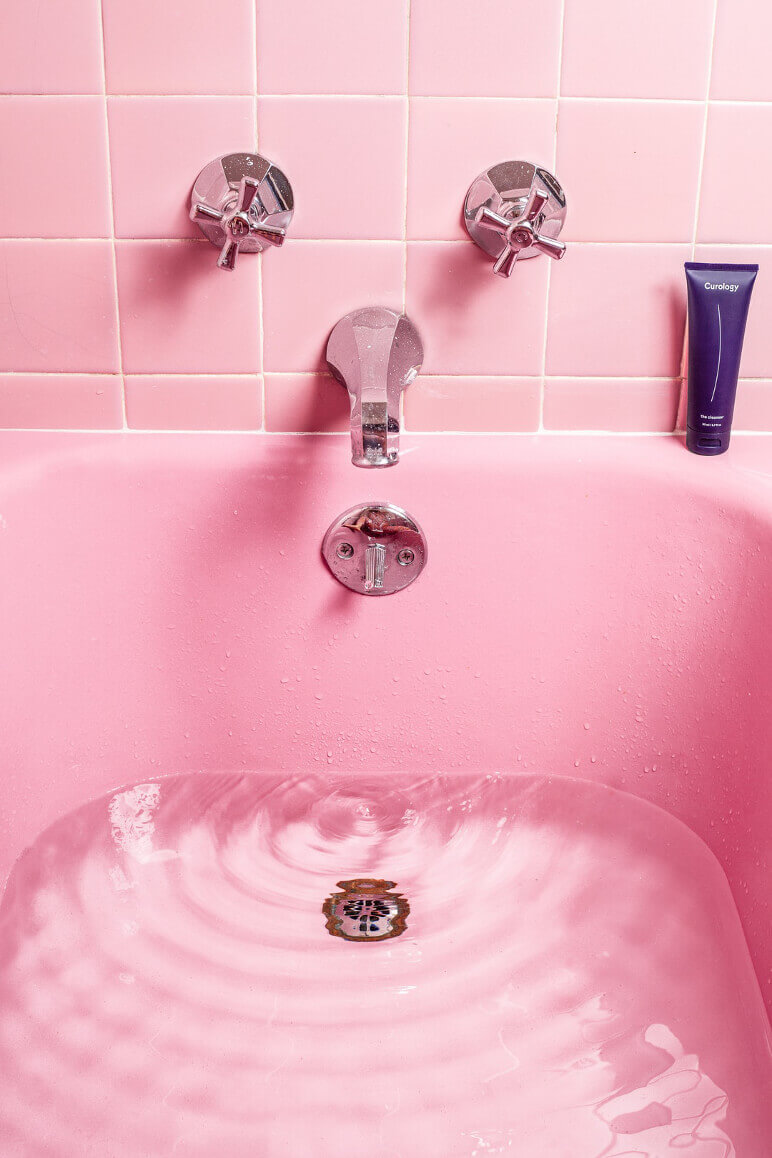
How To Protect Your Bathroom Drains
Originally posted on https://johntheplumberkansascity.com/how-to-protect-your-bathroom-drains/
Huge blobs of fat known as “fatbergs” are clogging sewers and streets all over the world.
Soap, grease, and oil create stinky clogs that can ruin the water supply for everyone in your neighborhood.
Where do these icky problems start? They begin in the sinks of average folks who dispose of liquids in the wrong places. It’s time to start thinking about how to protect your bathroom drains.
If you have experienced a clogged pipe, you know how unsettling it can be to have water pool around your feet while you shower, or back up in the sink when you brush your teeth. It affects your quality of life as well as that of those around you.
Here are some easy ways to ensure that the water in your pipes flows freely.
1. Use a Screen
A simple screen placed over your drain can help to catch hair, grease, and soap scum before they begin to clog pipes.
You can stop by a local plumbing store, drug store, or even grocery store and find some basic choices for your sink. Many of these simply need to be laid in place. It helps to take a picture of your drain before you go, so you can think about how the screen will fit your drain before you spend money on it.
Every day, you should empty your screen to make sure that any buildup is disposed of properly. Once every two weeks, you can also pull up the stopper in your bathroom sink to check for buildup, wet hair, and soap scum. This debris should be thrown out before it begins to clog your drain.
2. Be Careful What You Put In Your Drain
This may seem obvious, but you need to be careful what goes down the drain in your bathroom. Screens won’t work with certain harmful liquids.
Hair, soap scum, facial tissues, antibacterial wipes, and even too much toilet paper can easily clog your bathroom drains. Bar soap tends to build up on pipe walls as solid chunks merge with other objects. Liquid soap is a safer option for your bathroom sink.
Elsewhere in your home, oils, coffee grounds, egg shells, meats, and grains should not go down your drain. Rather, dispose of them in a coffee container or milk carton. Composting these materials will give you a natural fertilizer that enriches your backyard soil and encourages good bacterial and fungal growth.
3. Brush Your Hair Before You Shower
Much of the loose hair that ends up clogging shower drains can be brushed out before you shower. You can dispose of it safely in the garbage before it leads to a plumbing problem.
4. Bathe Pets Outside When You Can
Pet hair is coarser than human hair. When you wash your animals in your tub, clumps of hair can wrap around screen drains. They then act as a net for catching other debris, such as soap scum, and can lead to clogs.
It is much safer to wash your pet outside with a hose and bucket, where loose hair will not affect your plumbing. If it is especially cold out and you need to wash your pet indoors, consider covering your drain with a cloth or towel first. You can then dispose of pet hair outside.
5. Avoid Acidic Plumbing Products
While we all purchase liquid plumbing products once in a while to clean out an especially difficult clog, using it too much can actually lead to the complete erosion of your pipes.
The acid from certain cleaners can eat away at your pipes, causing the metal to fleck off and form balls of debris. It is better to look into natural ways to unclog your drain.
6. Unclog Your Drain Naturally
Flushing out your drain once a month with a tea kettle full of hot water can help to remove buildup that is beginning to form. It can also help to pour about a half a cup of baking powder down your drain once every 3 to 4 months. Each time you brush your teeth, run some hot water afterward to keep toothpaste running down the pipes.
If you notice buildup starting in your pipes, pour a cup of vinegar down your drain and let it sit for 30 minutes before chasing it with some hot water. Vinegar contains acetic acid, which is an excellent natural solvent for pipe buildup.
If clogging continues to be a problem, create a mixture of 1/2 cup each salt and baking soda. Add half a cup of vinegar and let the solution foam in your drain before pouring hot water down to move it through your pipes.
Vinegar can also get rid of any odors in your drains. If the smell of vinegar bothers you, a little lemon juice can help to keep your nose clean.
7. Call a Professional
If natural remedies still aren’t working, or if your sink or tub are becoming unmanageable, it may be time to enlist the services of a plumber.
These professionals can help with drain cleaning, sewer line repairs, and gas pressure testing. You will know the relief of eliminating ongoing problems when you call someone with experience.
How To Protect Your Bathroom Drains
If you are wondering how to protect your bathroom drains, you can begin by considering what you are putting in your sinks and tubs. Use a screen before you shower and bathe your pets outside. This will keep your pipes free from the debris that leads to plumbing nightmares.
For more information, contact us today.
